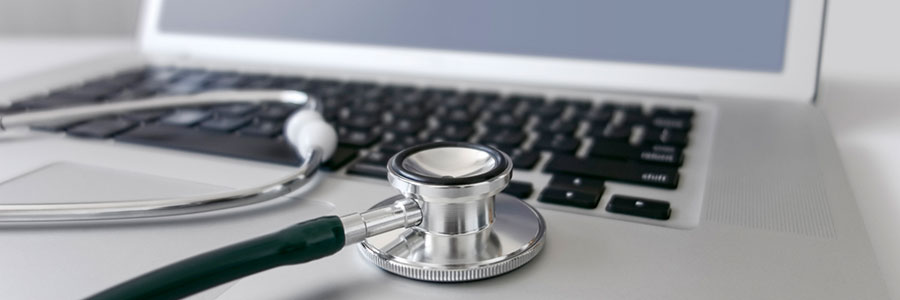For a business in or related to the healthcare industry, HIPAA is a crucial regulation. If solutions to secure data and keep it private are not implemented correctly, the organization could face hefty fines and other damaging consequences. Here are some things about HIPAA compliance you should know about.
The importance of HIPAA compliance to your business
HIPAA-approved social media guidelines for businesses

The Health Insurance Portability and Accountability Act of 1996 (HIPAA) was established with the goal of protecting the privacy of medical providers and their patients. The act sets standards for how healthcare organizations must protect patient information, including what kind of security measures must be in place to keep data safe.
The top 5 benefits of cloud computing to healthcare organizations
Here’s how hospitals can benefit from managed IT services
4 Important factors about HIPAA and your IT

Medical records are private and their exposure could lead to negative consequences such as social stigma and job discrimination. The Health Insurance Portability and Accountability Act (HIPAA) protects these data and grants patients the right to view their own health information so that they can enjoy more control over their care.
Social media guidelines to stay HIPAA-compliant
Preventing insider threats in the healthcare sector

Insider threats are security risks that come from within your organization. They could be any of your current or former employees, contractors, or associates who have knowledge about your computer systems and can expose your data. They are a major issue in many industries, the healthcare sector included.
5 Benefits of mobile device management for healthcare

Healthcare providers are relying on mobile technologies more than ever for doing work and communicating with practitioners, staff, and patients. Wireless networks and portable devices in the healthcare setting have their benefits, and IT staff must have controls like mobile device management (MDM) software to efficiently maintain and manage the security and privacy required by federal regulations.
The benefits of cloud computing in healthcare

Cloud computing is gradually becoming the norm for healthcare organizations around the world. Whether via a browser-based tool or a mobile app, it’s easier than ever to deliver patient care from anywhere with an internet connection. If you’re still hesitant to embrace cloud technology, it’s time to reconsider.





